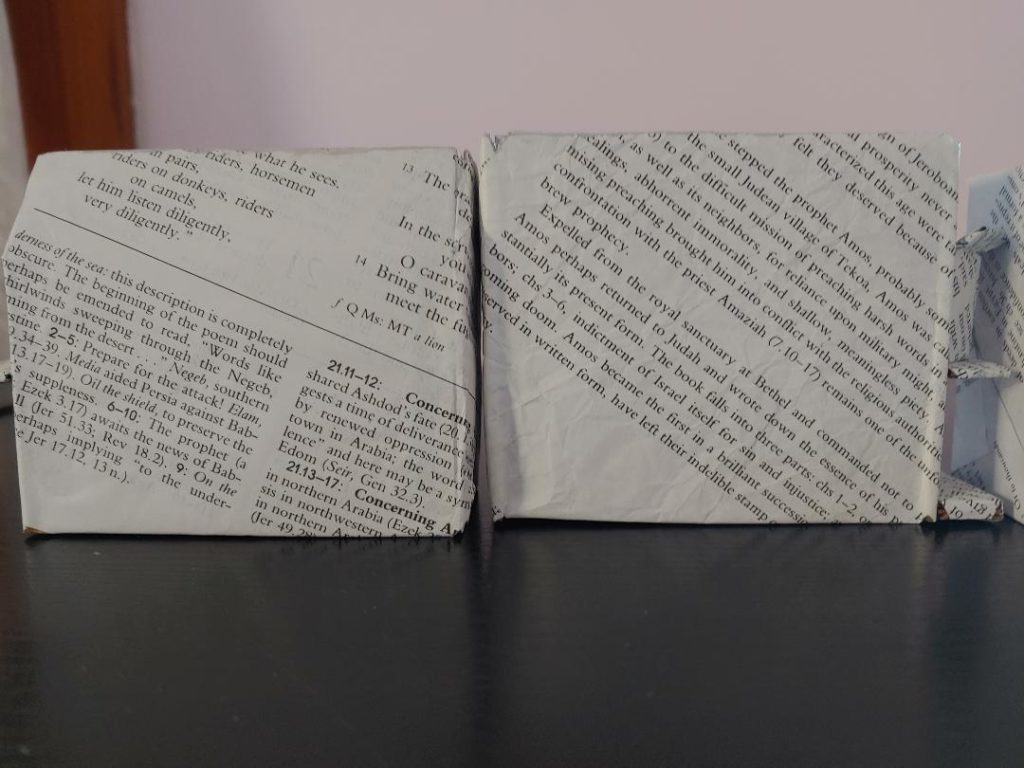As for knowledge, it will come to an end…
In my local library, there are rows and rows of books in the nonfiction section – books about the local habitats, biographies of Bob Dylan, World War II political essays, and more cookbooks and knitting patterns than a person could want. Fifteen years back, there were rows of encyclopedias as well – victims of the digital age.
On a regular basis, librarians go through the nonfiction books, section by section, and remove the ones that in poor shape or out of date. The knowledge contained in the nonfiction books becomes obsolete as new insight is gained, and the old knowledge is revealed in all its incompleteness. How we number the planets (Rest In Peace, Pluto), how we understand the foundations of creation (Big Bang and String Theory, anyone?), whether animals see color as we do – our partial knowledge of these things gives way to a more complete understanding, and our old ways of knowing must be left behind.
This old world holds more mystery than I’ll ever know, and even the things I do know will always be subject to growth and change. If this life were a nonfiction section in an eternal library, it will take a lifetime to read the shortest sentence in a single book.
Since God created it all, it’s a matter for wonder and joy rather than discouragement.



